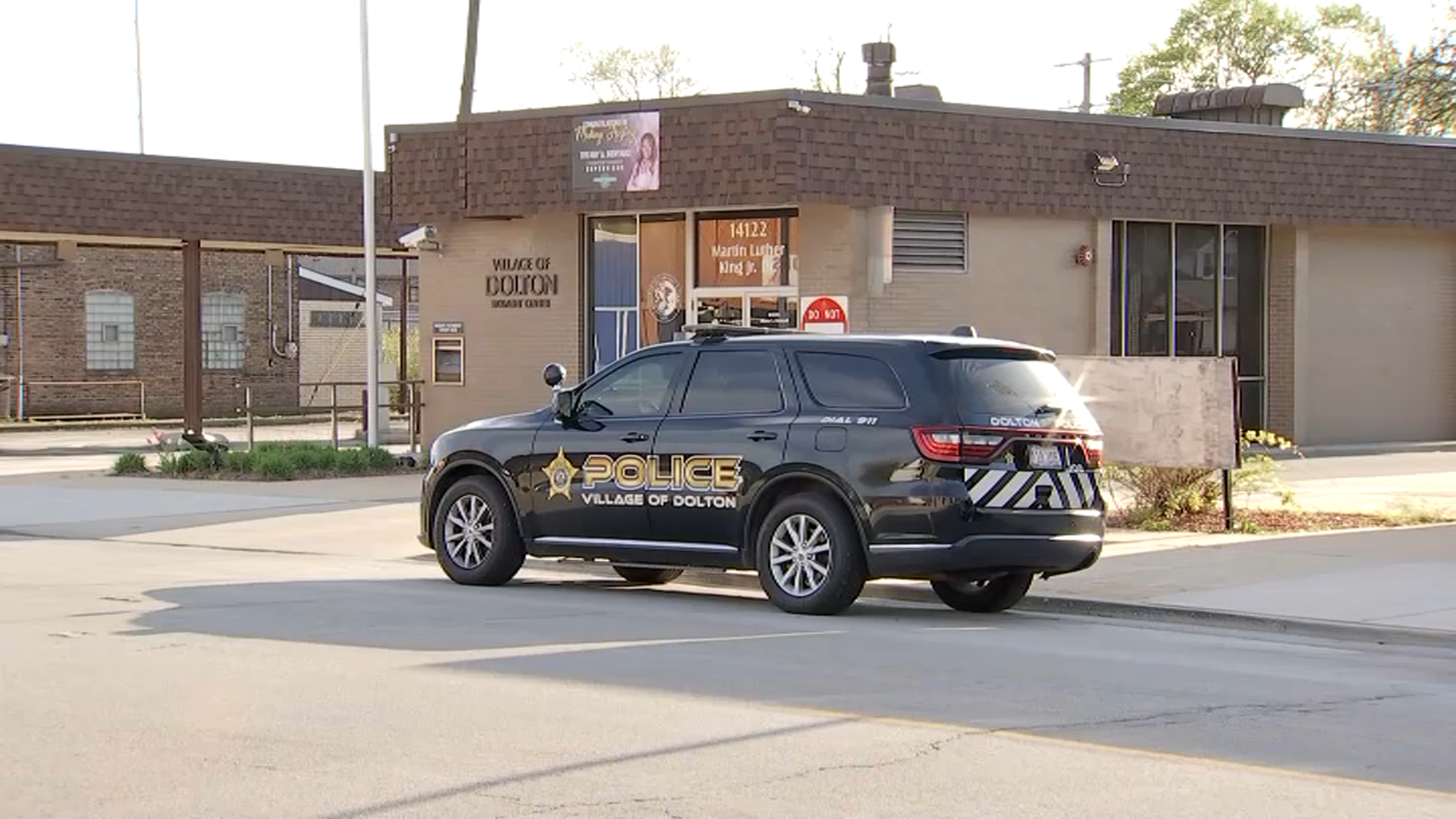After an ongoing outbreak of monkeypox was declared a global health emergency by the World Health Organization, some experts fear that a slow response on the part of officials could mean that the virus will be impossible to fully eradicate in the near future.
According to comments from several physicians at Northwestern University’s Feinberg School of Medicine, the rollout of effective vaccines and treatments has been too slow, allowing the virus to gain a foothold that may be difficult to reverse.
“Monkeypox infection may not be eradicable at this point. The question really is can it be contained and managed?” Dr. Robert Murphy, executive director of the Robert Harvey Institute for Global Health, said.
Murphy compared the slow rollout of monkeypox mitigations to the early days of the COVID-19 pandemic, but said that this particular situation is even worse based on the fact that an effective therapy and an effective and approved vaccine already exist.
Feeling out of the loop? We'll catch you up on the Chicago news you need to know. Sign up for the weekly Chicago Catch-Up newsletter here.
“This is another example of failure of not only the U.S., but global health policy toward emerging infectious diseases. They are late to the party,” he said. “It’s the same old story: unable to quickly diagnose, unable to vaccinate high-risk persons, unable to rapidly treat those at highest risk. The situation is even more frustrating because unlike what happened with COVID-19, there is already existing technology to diagnose, treat and vaccinate to prevent monkeypox.”
According to the U.S. Centers for Disease Control and Prevention, more than 16,000 cases of monkeypox have been reported in 74 countries since about May. To date, monkeypox deaths have only been reported in Africa, where a more dangerous version of the virus is spreading, mainly in Nigeria and Congo.
So how is the virus spreading and who is most at-risk?
Local
WHO’s top monkeypox expert, Dr. Rosamund Lewis, said last week that 99% of all the monkeypox cases beyond Africa were in men and that of those, 98% involved men who have sex with men (MSM). Experts suspect the monkeypox outbreaks in Europe and North America were spread via sex at two raves in Belgium and Spain.
“The overall risk to the general public is low, but real. Transmission mainly seems to occur from close personal or sexual contact,” Dr. Shannon Galvin, associate professor of medicine in infectious diseases at Northwestern.
Even still, Murphy says that the virus can't be expected to remain within limited populations.
"There is no reason to believe that monkeypox cannot spread outside of the MSM community," he said.
Two children have been diagnosed with monkeypox in the U.S., health officials said Friday. In addition to the two pediatric cases, health officials said they were aware of at least eight women among the more than 2,800 U.S. cases reported so far.
Person-to-person transmission is possible through "close physical contact with monkeypox sores, items that have been contaminated with fluids or sores (clothing, bedding, etc.), or through respiratory droplets following prolonged face-to-face contact," according to the Chicago Department of Public Health.
Vaccination against monkeypox is still likely to be the most effective response to the outbreak, with doctors at Northwestern saying that unlike the COVID-19 virus, which is an RNA-centric virus, monkeypox is slow to mutate, meaning that vaccines will remain effective for much longer periods of time without changes to their formula.
"It's highly unlikely that monkeypox will diversify at the rate SARS-CoV-2 does, and therefore, vaccines will rmeain effective," Ramon Lorenzo-Redondo, an associate professor of medicine in infectious diseases, said.



